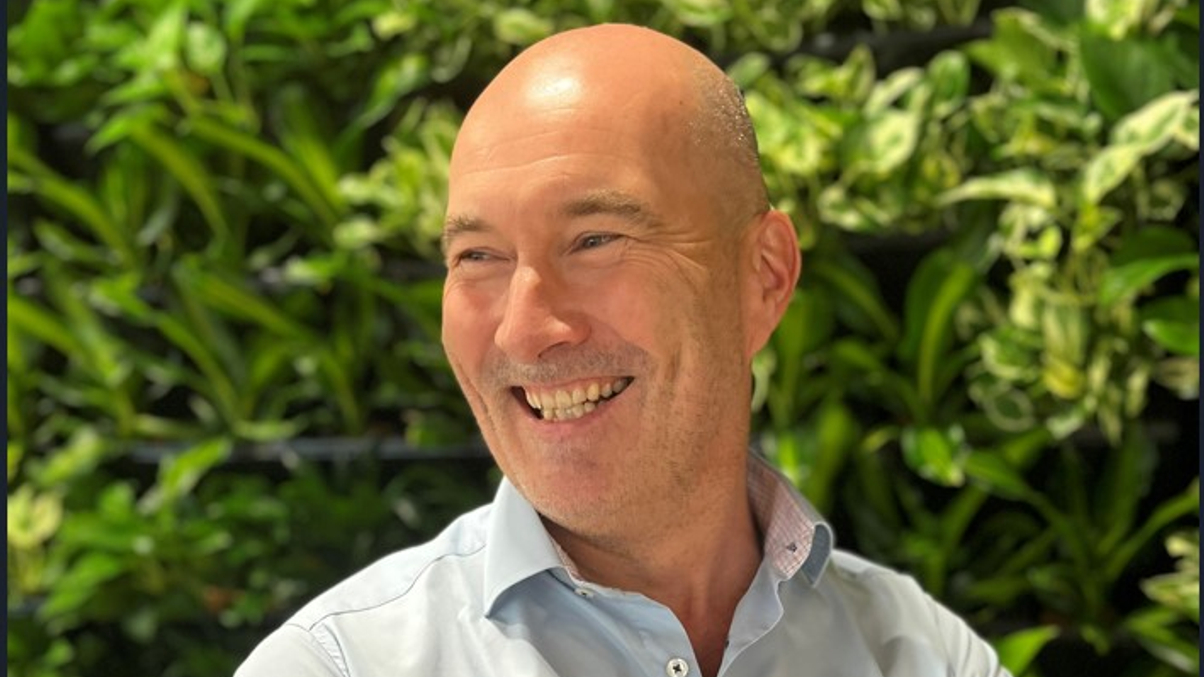Editorial Board Spotlight: Candid Q&A with Thijs Aaten
We showcase the Asia CEO of APG Asset Management and AsianInvestor Editorial Advisory Board member. In this feature, Aaten shares his straight-talking investment philosophy, his interest in photography and the two Nobel laureates he would like to grill over lunch.

Thijs Aaten is the CEO of APG Asset Management's Asia operations, based in Hong Kong.
Sign in to read on!
Registered users get 2 free articles in 30 days.
Subscribers have full unlimited access to AsianInvestor
Not signed up? New users get 2 free articles per month, plus a 7-day unlimited free trial.
¬ Haymarket Media Limited. All rights reserved.


